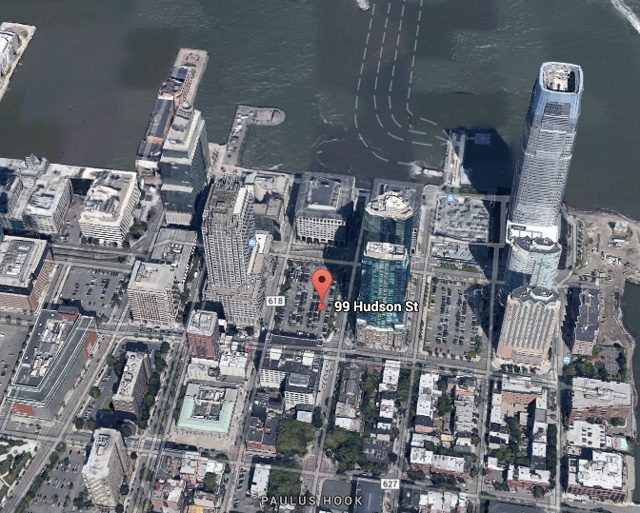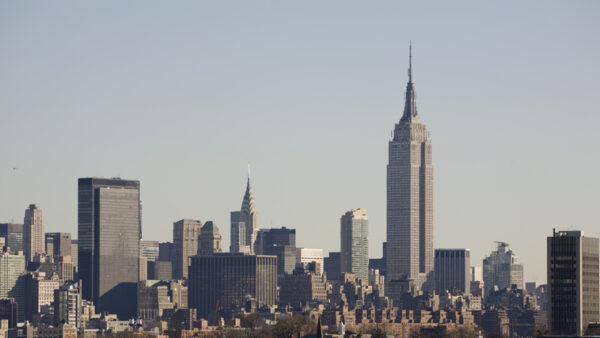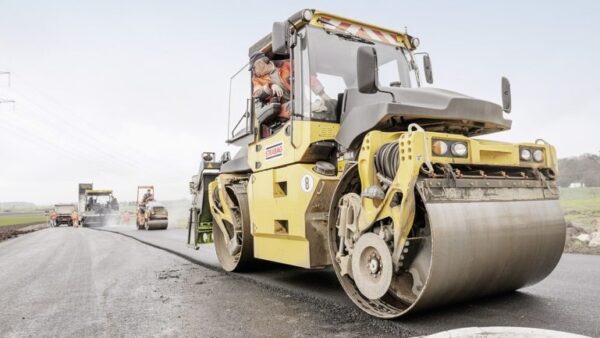China Construction America, the US subsidiary of giant state-controlled contractor China State Construction Engineering Corporation (CSCEC), is planning to become a top 10 contractor in the US by the end of next year, with a turnover of $5bn.
If the company achieves this it will be one of the more remarkable feats of business engineering in the history of construction because, only last year, it was 135th in Engineering News-Record‘s table of domestic American contractors.
Yuan Ning, president of China Construction America (CCA), told newspaper China Daily in November that the firm was operating to a five-year plan covering 2011 to 2015. He said the aim was to achieve a turnover of $5bn, which would place the company at about the same level as KBR in the US rankings.
“We want to do more public-private partnership projects in the future,” he said. “We try to diversify our business in the future. We cannot rely on organic growth anymore. In the past 10 years our annual growth has been over 40% but right now we’re looking for more investment and we will acquire local companies.”
In the past 10 years our annual growth has been over 40% but right now we’re looking for more investment and we will acquire local companies– Yuan Ning, president China Construction America
True to its word, in December CCA took over Plaza, a construction manager with a turnover of $1bn. The details of the deal were not disclosed, but the effect was to extend CCA’s area of operations from its base in New York, New Jersey and South Carolina down the eastern seaboard to Miami, where Plaza are building a series of luxury condominiums.
CCA began life in the US as a real estate developer in 1985, mostly working for Chinese clients. After 2000 it became a general contractor and undertook infrastructure projects such as the Yankee stadium station in New York and, in April of this year, the Pulaski Skyway bridge in its home state of New Jersey.
But more significant was the company’s $70m purchase of the 99 Hudson site in New Jersey in October last year. Last month it announced that it would use the land for a 1-million-sq-foot mixed-used development. Designed by Alex Stark, the scheme will include rental apartments, high-end condominiums, a hotel and retail units. The development is expected to cost $450m when it is completed in 2019.
This investment demonstrated CCA’s increasing ambition as well as its financial clout: it paid the $70m in cash. Of course it reflects the financial strength of its parent, CSCEC, with its $81.4bn turnover, and also the foreign exchange holding of the Chinese government (now hovering around the $4 trillion mark).
Building for Americans… from the outside
This degree of financial backing was crucial in CCA’s biggest ever job, the one that looks set to propel it into the front rank of US construction companies: the $3.5bn Baha Mar resort at Cable Beach in the Bahamas. This 1,000-acre site is the largest tourist project in the western hemisphere, and comes with four hotels, a casino and a golf course.
As the project was outside the US, CSCEC was able to play a bigger role. It took a $150m equity stake in the deal and made the introduction between the resort’s developer and the China Import-Export bank, which come up with $2.4bn just when it looked as though the deal would fail for lack of finance.

99 Hudson Street, New Jersey, site of China Construction America’s boldest scheme yet in the US (NewYorkYimby.com)
The Baha Mar deal also points to a strategy of building facilities for Americans outside America, thereby avoiding US sensitivity to Chinese firms playing too visible a role in the US domestic economy.
The Plaza takeover, for example, was subject to a “CFIUS review”, that is, the potential veto of the US government’s Committee on Foreign Investment in the US. And takeovers have a way of turning political, as the Chinese National Offshore Oil Company found when it lost out to Chevron over the purchase of California-based Unocal in 2005.
In the case of Baha Mar, about 80% of the resort’s guests are expected to come from the US, but the fact that it is offshore allowed CCA and its parent more freedom of action than would be possible in the US.
For example, it imported 3,000 construction workers from China, thereby taking advantage of another source of economic advantage. Something similar is happening at Goat Islands off the south coast of Jamaica, where a $1.5bn state-of-the-art transhipment hub for the eastern US is about to go ahead-such a facility would be unthinkable on US soil (China did try to build a container port in California in the nineties, only to find it was ruled out on national security grounds).
The success of CCA in the US stands in sharp contrast to the failure of another Chinese mega-contractor to crack Western markets. In 2011, the Chinese Overseas Engineering Group (Covec), a subsidiary of China Railways Group, the largest contractor in the world, came unstuck on what might have seemed a straightforward, 50km motorway contract in Poland.
It was the first European job of this size to be managed by a Chinese firm, and it turned into a contractual disaster-partly because Covec grossly underestimated the cost of the project and was heading for a loss of something like $400m, and partly because of “cultural” issues. After two years’ work the deal fell through, leaving legal disputes and harsh feelings all round, effectively barring Chinese firms from the Polish market, with its $100bn of EU-funded road and rail projects.
Rejecting Covec’s battering ram of the low-cost bid, CCA is betting that it’s patient, indirect, and gradual approach will make it irresistible – and propel it up the rankings.






